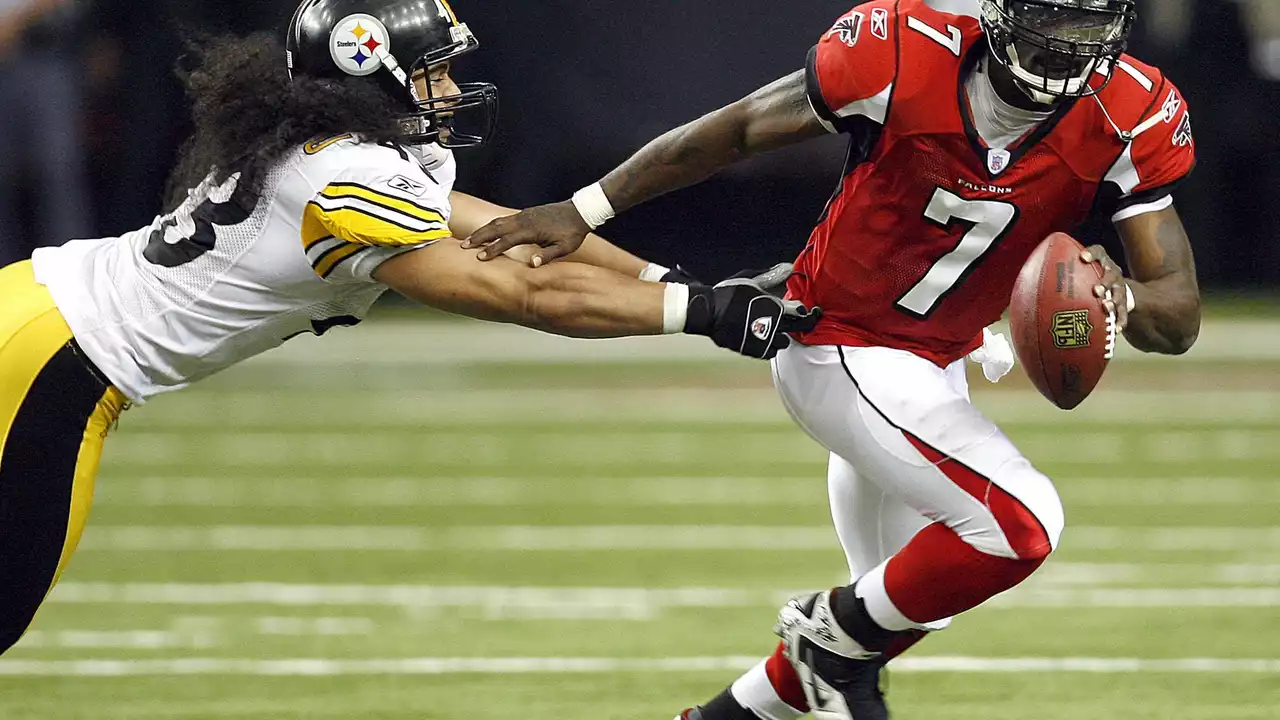A Trip Down the Gridiron
Ever have one of those casual sports debates during a Sunday barbeque, and someone throws a statistical curveball that ends up being a 'Hail Mary'? Well, a while back, my buddies and I were tossing around the old pigskin, discussing the caveats and quirks of the beautiful sport we all know and love─American Football. Naturally, the topic veered towards the unusual and the peculiar, and someone mentioned NFL game forfeitures. This got me thinking, "When was the last time an NFL team forfeited a game?"
Now you're probably thinking, how can an NFL team possibly forfeit a match started in good faith? Believe me, I was just as stumped. I mean, this isn't a local huddle-up of buddies on the local recreation field, right? But as the saying goes, sometimes fact is stranger than fiction. Even football, with its intricate playbooks and robust multimillion-dollar franchises, isn't immune to the occasional, shall we say, 'plot twist'. So, tighten your straps and adjust those helmets, folks, for we're about to take an extended hike down the convoluted, and occasionally amusing, world of NFL forfeitures.
What Does 'Forfeit' Even Mean in NFL?
Before diving into the historical archives, let's quickly brush up on some definitions in the context of the NFL. So, what does it mean to 'forfeit' a game? The idea might provoke the mental image of a coach dramatically throwing in the towel mid-match, much like a disgruntled chess player flipping the board. The reality, as you might guess, is a bit less dramatic.
The NFL defines a forfeit as an automatic loss which is usually awarded due to the violation of league rules, as opposed to a loss attained during the standard run of play. This is a rarity in professional sport, and even more so in the NFL where there are many checks and balances to prevent it from ever happening. So, with the concept of forfeiture now defined, and our pads properly buckled, let's march onwards.
The Almost-Forfeiture of 1921
Alright, to really dig into this subject, we've got to travel way back in time. We're talking about flapper dresses, prohibition, and the Roaring Twenties! An era epitomized by jazz, artistic innovation, and yes, the infancy of the National Football League. In 1921, the NFL nearly had its first-ever game forfeiture. But why almost? Well, allow me to explain.
The Rochester Jeffersons were scheduled to face off against the Washington Senators. However, due to an issue with Rochester's player availability, there was a possibility of the game not being played. And guess what? Under normal NFL rules, that's a forfeit. But rather than this dramatic penalty, the game was simply cancelled without a victor declared. So technically, this is as close as we ever got to an official 'forfeiture' in the NFL. Artistic license, at its finest!
The 'Curious Case' of 1944
Moving ahead somewhat, we arrive at a peculiar event in 1944. World War II was in full swing, and the nation's attention was, understandably, elsewhere. Yet, there's an interesting story relevant to our pursuit, the so-called 'Phantom Forfeit'.
The Boston Yanks faced the New York Giants in an NFL battle royale, scheduled for October 22, 1944. Needless to say, due to wartime constraints, the game never took place. While it wasn't officially listed as a forfeit by the NFL, the record books often show it as a 2-0 win for Boston. This is because in football scoring, a safety is worth two points, and forfeits are often mock-scored as a 2-0 result. A phantom victory indeed! It's the closest we've ever been to an official forfeiture in NFL history, even though it isn't acknowledged as such by the league.
The Rulebook and Modern NFL
So fast forward to today's sophisticated, modern NFL. You may wonder—could a team forfeit a game in today's age? Well, according to the official NFL rules, yes, they could. But let's be clear, that's highly unlikely due to the professional level at which the sport is played, not to mention the vast economic implications of such an event.
The rule in question, found under Section 1 of the NFL Rulebook, says that if a team refuses to play after being instructed to do so by the referee, the team would have to forfeit the game. It's theoretically possible, but virtually unheard of. If anything, teams today are better prepared to face any adversity that comes their way, thanks in part to a well-structured league and robust player rosters.
So, to answer my due question, no NFL team has ever officially forfeited a game in the history of the league. The topic might remain an interesting conversation starter at the next barbeque or a pub night with the gang. But more importantly, it serves as a reminder of the integrity, perseverance, and dedication towards the game that's inherent in every NFL franchise. Pain or rain, forfeitures simply aren't part of the NFL's playbook.

